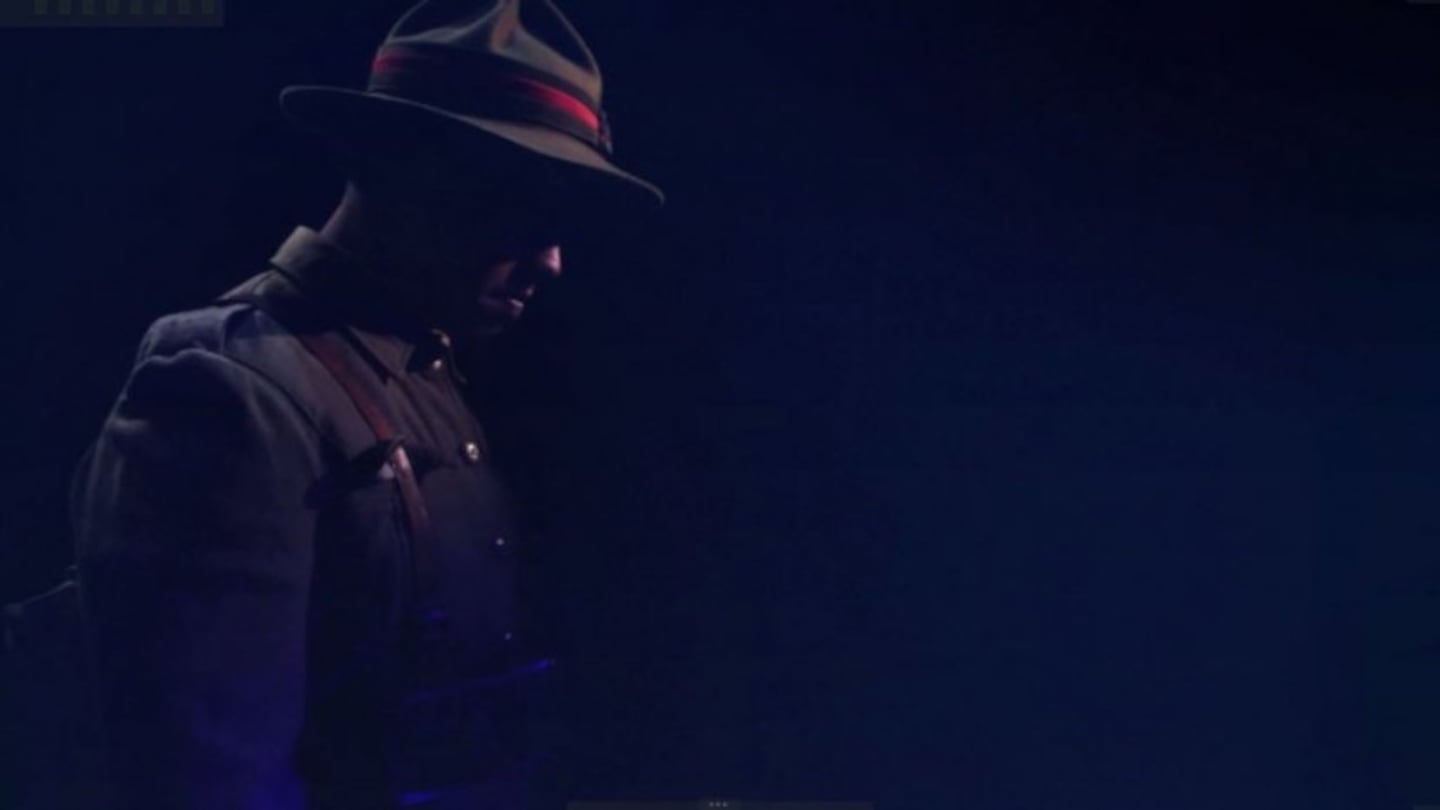Source / File
More than 20,000 New Zealand World War II veterans may never have been issued with their war medals - and the New Zealand Defence Force (NZDF) is encouraging whānau to get in touch.
For the first time since the 1950s, in-depth research has been carried out into how many Second World War campaign medals awarded to ex-serving New Zealand veterans were never claimed, and what may have led to this, the NZDF said Friday evening.
Recent media publicity has highlighted that approximately 15 per cent of the Second World War campaign medals awarded to members of 28 (Māori) Battalion were never issued.
Now new research by NZDF historian Matthew Buck reveals that there was a low rate of uptake of medals by Army and Air Force veterans from across the New Zealand armed forces and those of other Commonwealth countries.
“According to my research, around 75 per cent of New Zealand Army and Royal New Zealand Air Force veterans refused to apply for their Second World War campaign medals in the first few years after distribution began in March 1950."
Given the importance placed on medals today, Buck said it is "hard to fathom" only around a quarter of the veterans claimed their medals by 1960.
"After that, the take-up appears to have been nothing more than a dribble - less than a third of a per cent annually."
The only two exceptions to the pattern of low uptake, he said, were RNZ Navy veterans - who received a special 'naval prize money' payment of £5 10s if they applied for their medals - and the families of the nearly 12,000 New Zealanders who died in the war, who received their medals automatically in the mail.
While the exact number of Army and Air Force medals that remain unissued is unknown, Buck said if the rate was similar to that of 28 (Māori) Battalion, "we estimate around 22,000 New Zealanders who served overseas during the war may never have been issued their medals."
“The main reasons given by veterans for not claiming their medals were that, unlike First World War veterans, they were required to apply for them and the medals were issued without their names, ranks and service numbers engraved on them. Many felt that this made their medals valueless.
“Most complaints from New Zealand veterans centred around having to go ‘cap in hand’ for something they’d earned, which they felt should have been awarded to them as of right. There was also a perception that it was vainglorious [excessively prideful] to apply for your medals.
“Others expressed the view that there were too many medals, and that they were awarded far too widely and to groups who they considered undeserving,” said Buck.
Defence historian John Crawford said this response is unsurprising.
“By the early 1950s the Second World War was well over, and authorities were very focused on the war in Korea and the risk of it escalating. Those who had served were generally young men, now well established in civilian life with young families. Their military service was well behind them and they were past being told what to do by the military.
“For many of these men there had been no glamour in what they had been through, with horrific and brutal memories and lost friends. Moreover, everyone had served. They knew what their neighbours and friends had done in the war and they didn’t need medals to know that.”
Crawford said, three generations later, perceptions around the medals have changed and it is important they are claimed.
“They are no longer a statement of service to their peers, but rather a tangible connection to a group of men and women who have all but passed. The medals help keep alive their memory, encourage families to learn more, share their stories and wear the medals with pride.”
The NZDF is encouraging whānau to enquire about whether medals have been issued.
For information on how to apply for medals, visit medal applications, and for details about service records follow this link.

